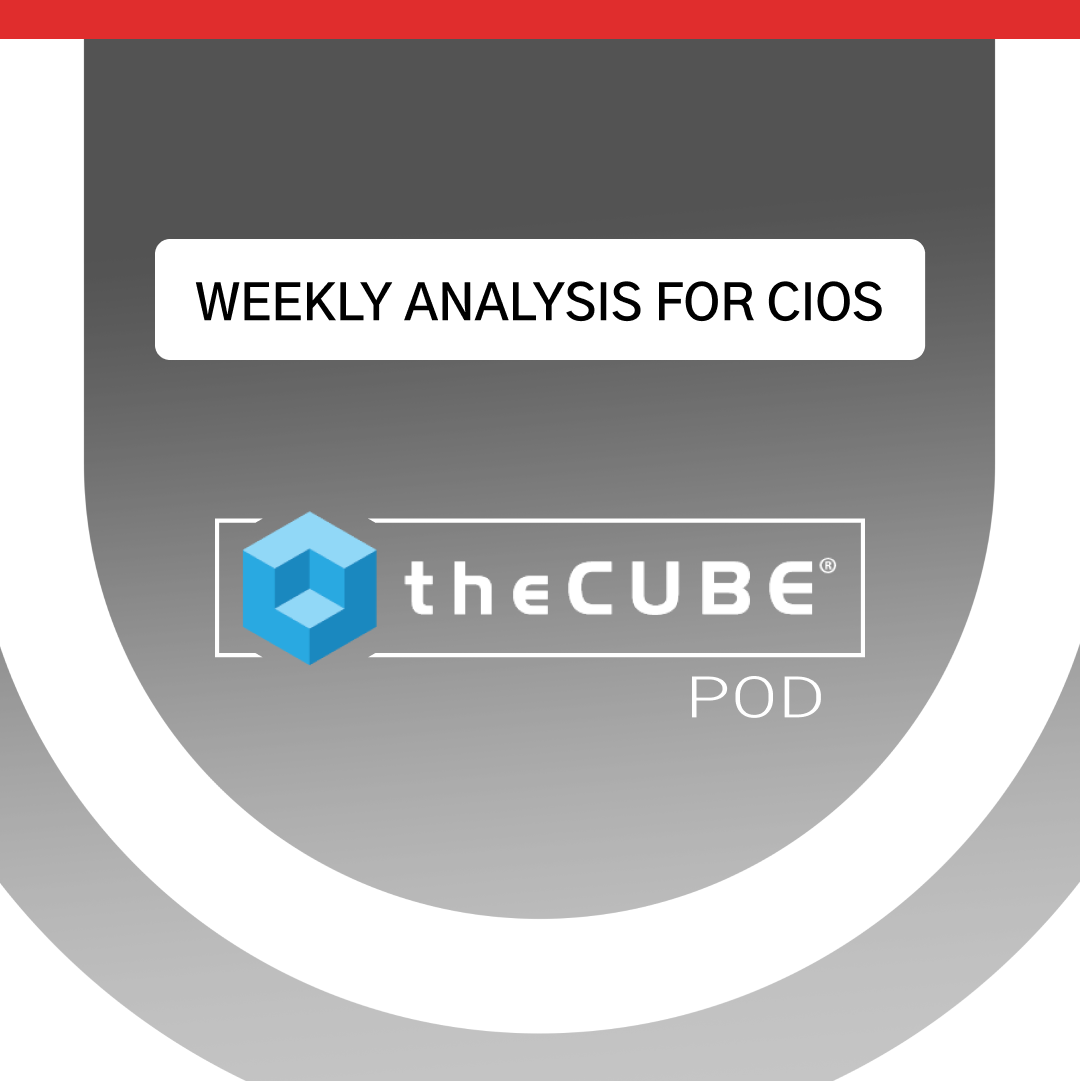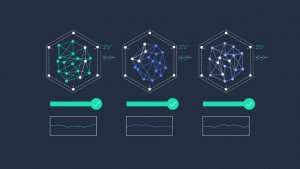2014 Technology Predictions Series: Think Big Analytics on Big Data
As 2013 winds down, it’s only natural for people to make personal New Year’s resolutions for 2014. It’s also a perfect time for technology industry predictions.
This is the fifth installation in our multi-part “Technology Predictions for 2014” series in which industry providers—from Big Data to cloud to mobile—share their predictions about the hot tech trends that will take center stage in 2014. We’ll keep sharing all the predictions we’ve heard with you over the next several days.
![]()
Big Data in 2014
.
Big Data is a topic that we at siliconANGLE have been keeping one step ahead of in 2013. From our extensive written coverage to theCUBE’s live coverage at events such as Hadoop Summit 2013 and BigDataNYC 2013, we have been sharing with you the most timely and important developments in Big Data. So, what’s in store for Big Data in 2014?
So far in this series, we’ve heard 2014 Big Data predictions in the first installation from Saggi Neumann, co-founder and CTO of Xplenty, a cloud-based, code-free, “Hadoop as a Service” platform. In the second installation, we heard predictions from Quentin Gallivan, CEO of Pentaho, a provider of open-source reporting, analysis, dashboard, data mining and workflow capabilities.
In the third installation, we heard predictions from Steven Hillion, Chief Product Officer of Alpine Data Labs, a code-free, in-cluster web analytics platform that analyzes Big Data and Hadoop. In the fourth installation, we heard predictions from John Schroeder, co-founder and CEO of MapR Technologies, a software provider of Hadoop technology for Big Data deployments.
Today we bring you more 2014 Big Data predictions, this time from Ron Bodkin, founder and CEO of Think Big Analytics.
Prediction No. 1: Proprietary vs. open source in 2014? You should bet the farm on open source. We see that Big Data is the first technology wave that’s being led by open-source innovation. Open-source platforms have already garnered billions of dollars in investments, and commercial vendors and the ecosystem will keep adopting open source—and taking proprietary technologies and making them open source. We see platform technologies moving decisively to open source. For tools, components and applications, we see a more mixed story.
For example, while open-source BI offerings such as Pentaho are improving, there’s still more adoption of commercial BI tools such as Tableau. Platforms win by having widespread adoption, and the speed of adoption of open source is unbeatable—especially in a context where customers expect technology to be open source and look to that as a key risk mitigation factor. This is why you will keep seeing commercial Big Data technologies get open sourced (just like Hadoop, HBase, Flume, Falcon, Impala and Kiji).
Prediction No. 2: We think the Big Data space will become even more crowded than it already is with vendors who over-promise on capabilities and simplicity—and under-deliver on both. Point tools are also dangerous because they often can’t stand alone without a lot of integration with data and infrastructure. So look out for point tools.
The greatest pitfall or mistake will be thinking that Big Data is a “one and done”—if you buy this Big Data platform, it will do magic. That’s just not the case. Big Data projects need to start small so that value can be extracted and business sponsors can be engaged.
Prediction No. 3: This will involve Big Data trends including open source, technology buys vs. talent buys, and the next generation of clickstream analytics,
Regarding open source, there will be a continued consolidation into leading analytic open-source platforms based on a foundation of Hadoop 2.0 and real-time event serving systems that integrate with them and use NoSQL (MongoDB and Cassandra), distributed search (Elasticsearch and Solr) and streaming processing (Storm and Samza).
Regarding technology buys vs. talent buys, there will be increasing competitive urgency around achieving business impact from Big Data. No longer will it be sufficient to have a project to optimize ETL: business GMs, CMOs, VPs of Services and Chief Risk Officers will demand that Big Data be used to meet their needs and beat the competition.
Regarding the next generation of clickstream analytics: these analytics,
Click here for the first installation of our “Technology Predictions for 2014” series, in which we heard Big Data predictions from Xplenty.
Click here for the second installation, in which we heard Big Data predictions from Pentaho.
Click here for the third installation, in which we heard Big Data predictions from Alpine Data Labs.
Click here for the fourth installation, which we heard Big Data predictions from MapR Technologies.
Click here for the sixth installation, in which we heard Big Data predictions from SGI.
Click here for the seventh installation, in which we heard Mobile predictions from SAP.
Click here for the eighth installation, in which we heard Mobile predictions from RadiumOne.
Click here for the ninth installation, in which we heard Cloud predictions from NetApp.
Click here for the tenth and final installation, in which we heard Cloud predictions from F5.
A message from John Furrier, co-founder of SiliconANGLE:
Your vote of support is important to us and it helps us keep the content FREE.
One click below supports our mission to provide free, deep, and relevant content.
Join our community on YouTube
Join the community that includes more than 15,000 #CubeAlumni experts, including Amazon.com CEO Andy Jassy, Dell Technologies founder and CEO Michael Dell, Intel CEO Pat Gelsinger, and many more luminaries and experts.
THANK YOU













